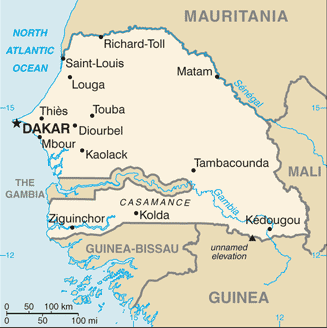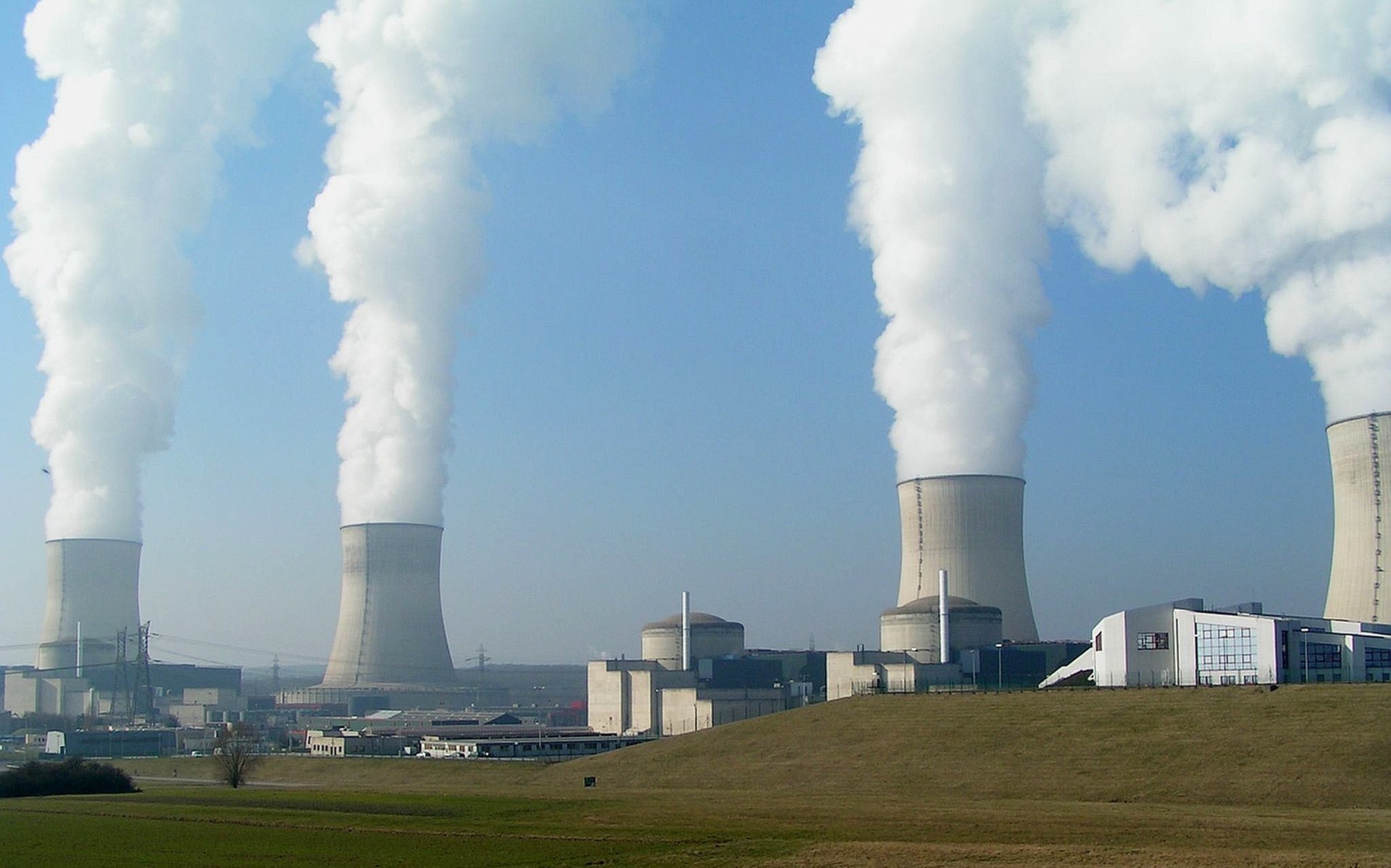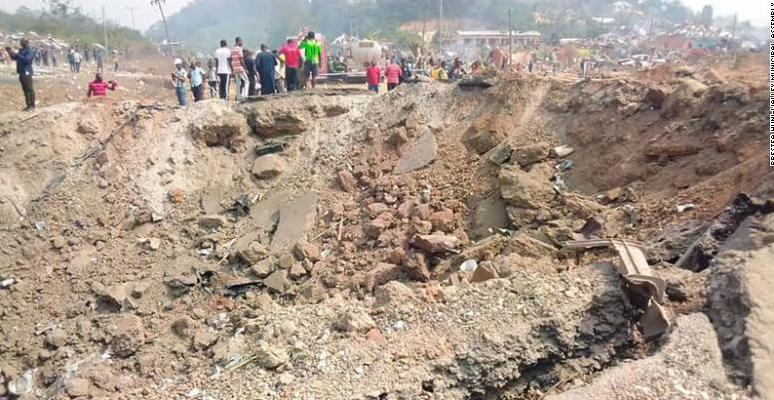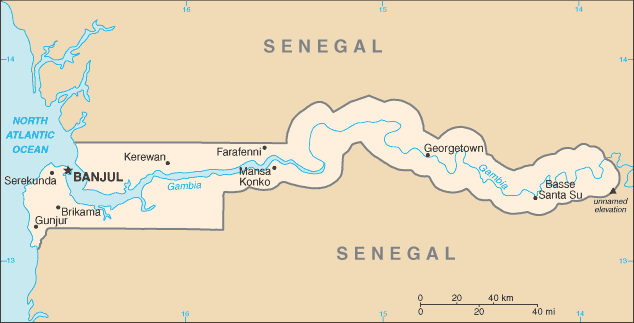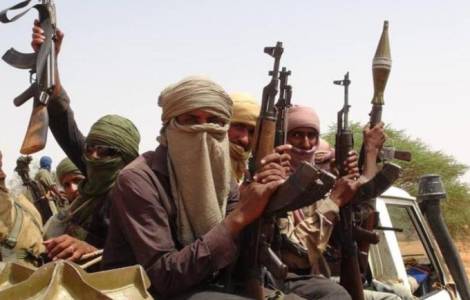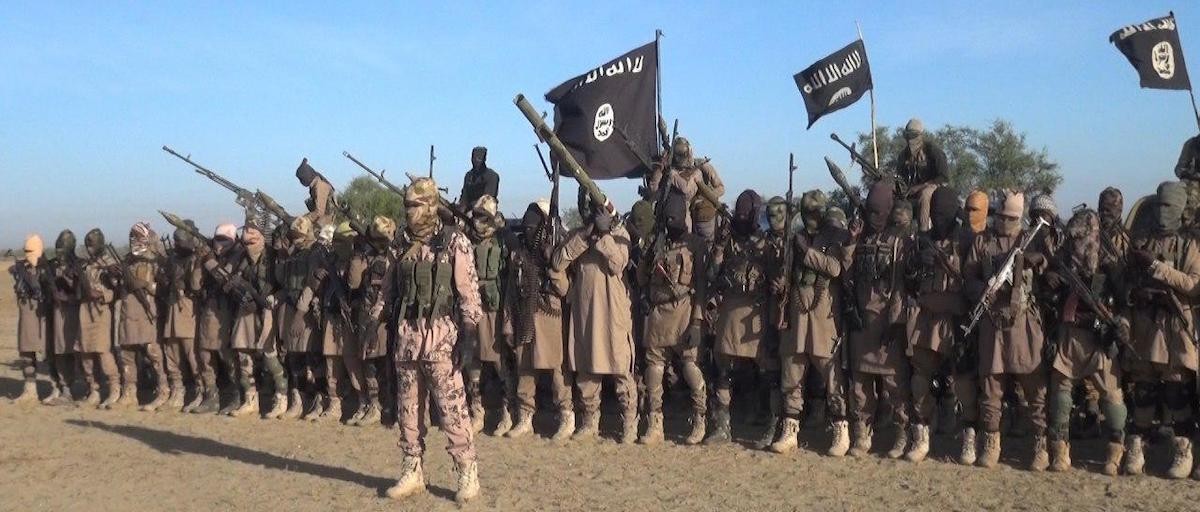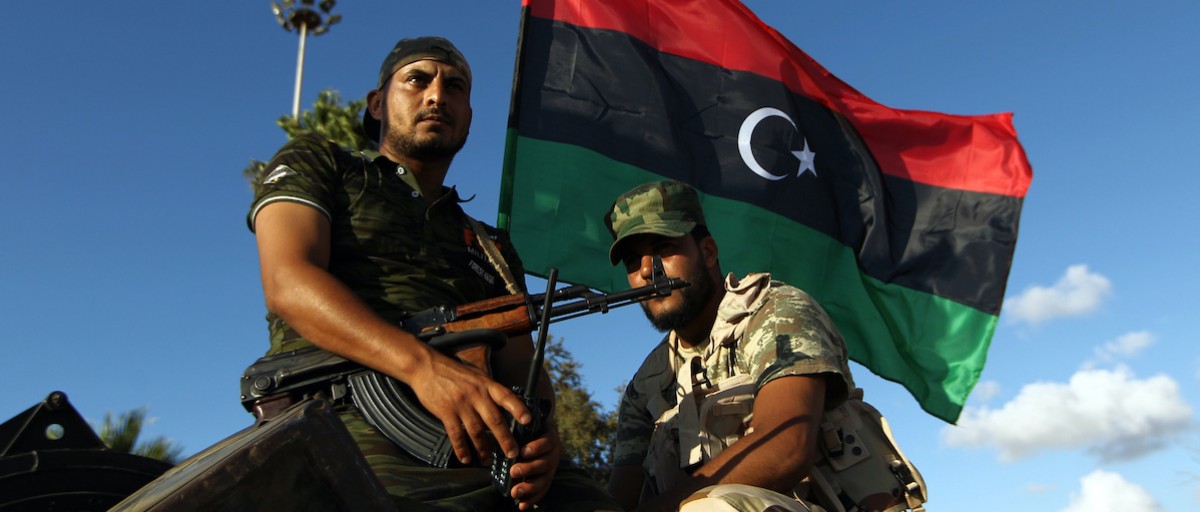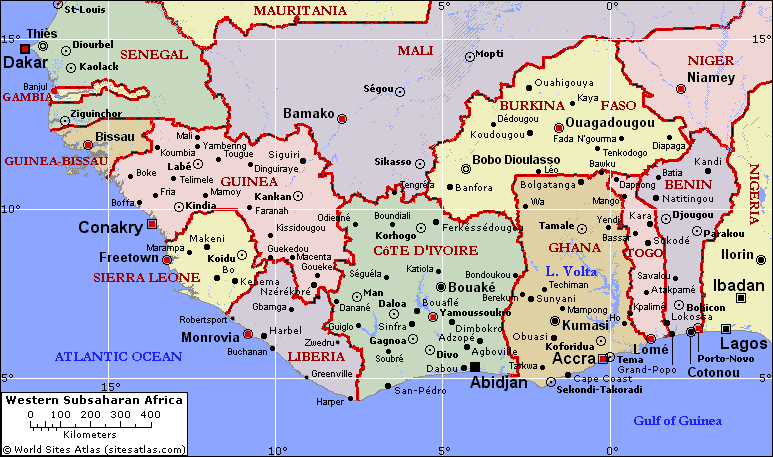
West Africa jihadist insurgency reaches Togo
At least eight Togolese soldiers were killed in an assault on a military base in the north of the West African country—marking the first fatal attack in Togo by the jihadist rebel militias waging an insurgency across the wider region. Some 60 gunmen on motorcycles attacked the base at Kpinkankandi, near the border with Burkina Faso. According to locals, the battle over the base raged most of the night before the assailants retreated. No group has claimed responsibility for the raid, but suspicion has fallen on the Group for Support of Islam & Muslims (JNIM), a Qaeda-aligned faction active in Burkina Faso. (Map: World Sites Atlas)




